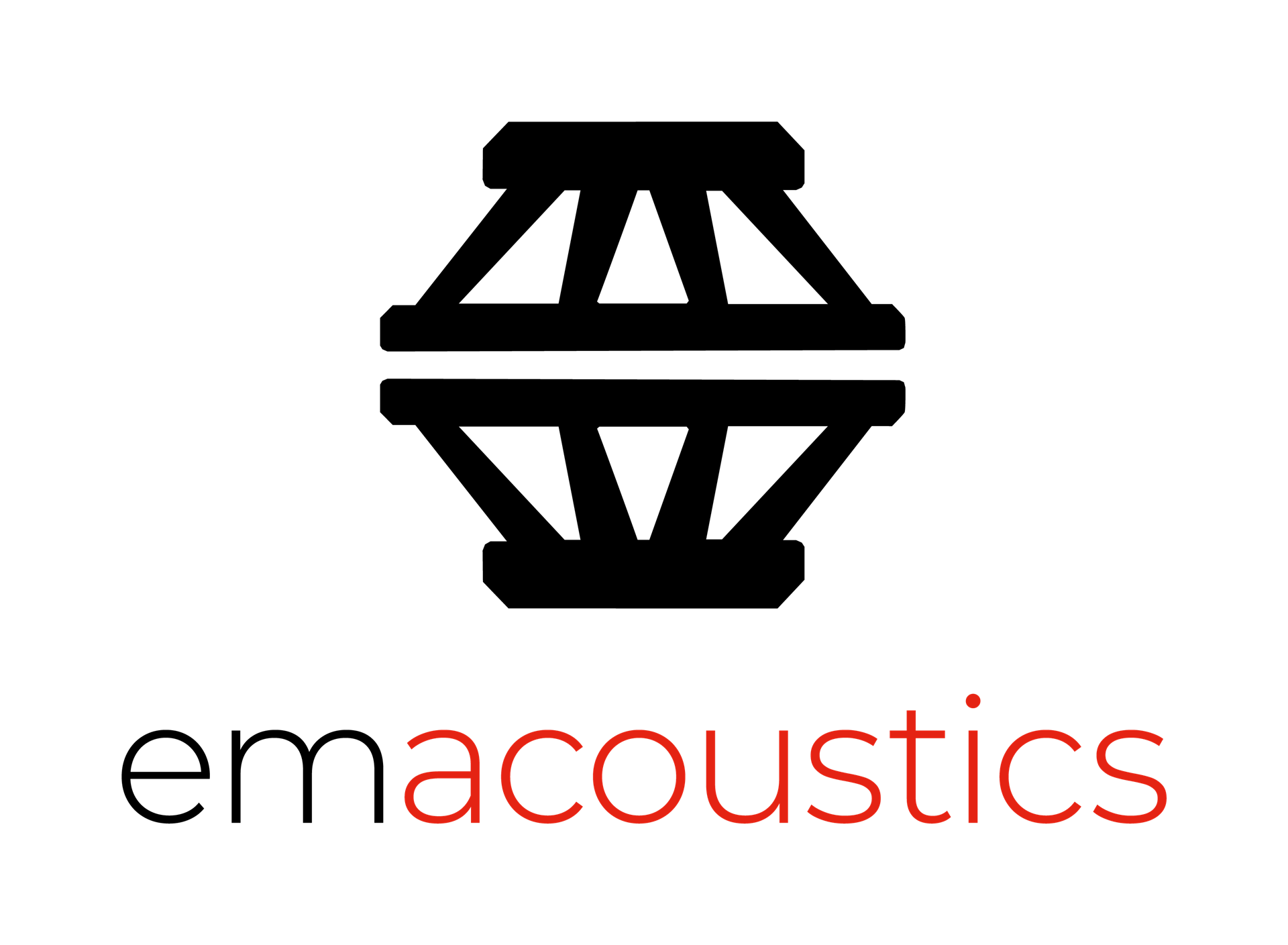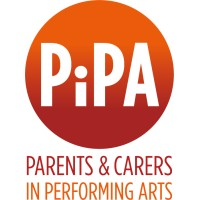What is a sound designer for theatre?
The short version:
Essentially, the theatre sound designer is responsible for everything the audience hears. Exactly what that entails can vary considerably, depending on the type of show, the performers in the show and the performance venue. In practice there is no single job description that encompasses everything that the sound designer does, as they will adapt what they do to the demands of a specific production. The Sound Designer has to be a master of many different disciplines and technologies, and to have exceptional teamwork and people skills.
The long version:
The Sound Designer works closely with the Director and a range of other staff to create the aural world of the show, involving:
- The Sound Designer may create sound effects, atmospheres, sonic textures and filmic ambiences that will create naturalistic and abstract worlds for the show's story, as well as aid the audience's emotional and dramatic connection with the performance. This might also include the use of props onstage or other offstage effects.
- The Sound Designer may choose, edit and remix music; work with a composer to make original music; or work with live musicians in the theatre.
- The Sound Designer may advise on how to best hear the performers, which may involve acoustic adjustments to the theatre and set, or the addition and configuration of radio and/or float mics for the performers.
- The Sound Designer will design a sound system, bespoke to the specific production and auditorium, that will give the audience the best experience of the show.
In order to be successful, the professional Sound Designer must have a huge array of creative and technical skill sets, including a well-developed sense of hearing; a comprehensive understanding of musical history and genre; a musician’s sensitivity to balance, timbre, rhythm, melody, harmony and musical structure; and a deep understanding of psychoacoustics, system engineering, acoustics, computer networking, component integration, and of the systems for sophisticated audio distribution. Technical skills across a variety of computer operating systems and software are fundamental, as is the ability to learn new concepts and equipment in a world of fast-paced technological development. But perhaps most importantly, Sound Designers understand the tremendous power of sound to aid the storytelling process. to transport an audience directly into the vortex of the performance and to make that performance a truly unforgettable experience.
"Theatre is a strange world where we are often trying to bring life to imaginary places, in distant eras. The audience are often complicit with us, ignoring that we’re sat in an auditorium with traffic going by outside, imagining that we’re in, for example a forest in the 16th century listening to Macbeth talk to a trio of witches. My job encompasses all the aural elements of that suspension of disbelief. And a lot of it involves not just the creation of sounds and a sound system, but also an understanding of how that sound will be heard and perceived by the audience, and how to use that knowledge to take them on the journey of the story."
The history of sound design
Sound, Music and Effects have been used in theatre as far back as historical records go. Theatre sound systems range from small and simple to some of the most complex sound systems in use across any industry. An average West End musical production may easily have over a hundred microphones and over a hundred speakers, often all being used and controlled simultaneously. Before recording technology and playback systems, music was created live by instrumentalists, and sound effects by mechanical machines, mimicry, and ‘live’ sounds (i.e. a mini door with various bolts, knockers and locks; real guns and cannon backstage for battle scenes; etc). As sound and recording technology have progressed, so too has the ability of the Sound Designer to create and control multi-part layered textures, music and effects played back within the performance space. Film & TV has heavily influenced play-writing: whereas once plays might have very long acts in a single location with a very naturalistic set, new plays tend to have short scenes in multiple locations, so Directors increasingly rely on sound and lighting to set the scenes. Film and TV have also evolved the concept of ‘underscore’ – music and/or sound which can play underneath the spoken words of the actors—and theatre also is using that convention more and more. Thanks largely to Film and TV, our audiences are much more literate and sophisticated in sound and music and how it can be used for storytelling.
The job title "Sound Designer" has only been around for about 50 years, developing as the increasing sophistication and complexity of sound systems and the content played through them necessitated people to specialise.
The business of being a sound designer
A sound designer is typically self-employed and works on short-term contracts for a number of different venues over a year, though some sound designers work for specific theatres or equipment hire companies. Sound Designers are often approached for work either by a director, producer or a venue, usually based on the sound designers past work or an established working relationship. Jobs are rarely advertised.
Typically Sound Designers work for a fee negotiated on a show-by-show basis and though some theatres have set rates, fees vary enormously and are are often proportionate to the auditorium size rather than the work involved. Designers typically have to work simultaneously on a number of shows to meet their costs. Usually only one sound designer is employed on a show so they rarely work with each other, but they may work with a sound team consisting of engineers, technicians and other staff.
The cost of setting yourself up as a Sound Designer can be incredibly high due to the nature of the technology needed. Sound Designers are expected to be able to create, record and edit sound with their own tools, which usually includes a considerable amount of high-end audio equipment and a lot of computer hardware and software. Sound Designers are expected to provide any sound effects for the show at no extra charge, drawing from their personal sound effects libraries which they have created or bought over time at considerable expense (each professional sound effects CD costs about £50 each.)
Sound Designers work from early on in the pre-production process, often contracted long before rehearsals start, and will typically work through rehearsals, the preview period of a show up until the press night. Typically the Sound Designer hands over the responsibility for running the show to the staff at the theatre. If a show is touring to multiple venues or has a cast change then the Sound Designer may well return to the show to be involved in that process.
The other members of the creative team
In the best working environments, every member of the creative team is there to use their individual and collective skills to produce a coherent design, in which no one discipline is more dominant than another.
There are however still some disparities on how the different members of the creative team are paid, both within the UK and internationally.
Great strides have been made in recent years in gaining parity of pay with Lighting Designers at the National, RSC and other places - previously Lighting Designers were offered more money as standard because they had to draw a plan of where the lights go (implying that Sound Designers don’t have to do any preparation and can just turn up at the last day of rehearsals) - this is an anachronism that is slowly being redressed.
Composers, like musicians often receive a royalty for their music played in a theatre performance, a repeat fee, on top of the fee they receive for composing the music. There are a number of other countries where sound designers are also paid a royalty - their work is registered as a musical work and treated as such.
How can we make things better with an Association?
- We can raise the profile of sound design in the industry
- We can share advice on running our businesses better - help with contracts, taxes, working abroad
- We can promote good practice in the industry
- We can run training for sound designers to develop their skills
- We can provide a resource of information about sound design
- We can share rates of pay so that people have information to negotiate fair pay rates
- We can collectively pursue parity of pay with other members of the creative team
- We can create a community for ourselves
- We can help to educate students interested in the profession and be available to advise in this field
- We can create international liaisons with other organisations and projects which will enhance the profile of Sound Design in the UK.
- We can buy products and services of benefit to our members that otherwise individuals could not afford
How do I become a sound designer?
1. Formal Institutional Training.
There are a number of NCDT-accredited undergraduate (BA-Hons) courses that specialise in sound design for theatre:
- Central School of Speech and Drama run a Theatre Sound course which has been running since 1992
- Rose Bruford offer a BA (Hons) degree in Performance Sound
Other drama schools run Technical Theatre courses which offer foundation learning across a number of theatre-making disciplines, including sound. A number of other institutions offer courses that focus on sound but not necessarily specific to theatre, such as LIPA's BA (Hons) course in Sound Technology.
Many university-sector institutions offer degree courses which emphasise sound and music and music technology, if not theatre/performance specific, for example Edge Hill University offers a BA(Hons) course in Music and Sound with Drama.
Students interested in pursuing degree work in Theatre Sound Design will want to be especially careful that the institution has the theatre-making infrastructure that will provide the design opportunities necessary for learning. Research carefully and take advantage of university ‘open’ days to see facilities and to talk to tutors and other students. Most institutions will have forged very strong relationships within the industry, which can enhance your employment prospects.
2. Apprenticeship, On-the-Job Training (OJT), and Work-Study
A lot of sound designers have come in to the profession through routes other than formal education. Some started as sound engineers working in other media; some started as theatre electricians or stage managers; some started as composers; some come from a fine art background - there is, in short, no one way ‘in’. Actually starting to work in theatre, initially at support levels, is an excellent way to experience the theatre industry and learn how it works. Most sound designers, whether having undergone training or not, get their first opportunities to design in the smaller theatres that can't afford more established sound designers. There are a lot of good opportunities there to learn the craft and foster relationships which can have long-lasting career impact. Sometimes people work as casual sound operators and have developed helpful connections with directors, producers and venues. Various government programmes now support apprenticeship and on-the-job training across a variety of disciplines. Due to the ever-changing landscape of Government initiatives, a person interested in Apprenticeship or OJT should carefully research available opportunities.
There are a lot of non-degree courses in sound recording and media creation which will give you some valuable skill sets. Attending professional symposia and demonstrations at industry showcases can be extremely helpful. Knowledge of sound theory and principles of sound reinforcement is invaluable. However, an appreciation of drama, literature, music and how theatre works are what is most useful. The people that you spend all day talking to are directors, writers, composers, musicians, stage managers and actors.


.jpg)















